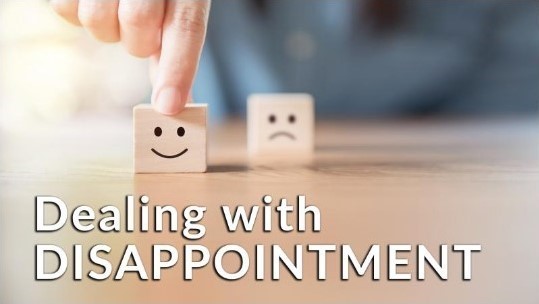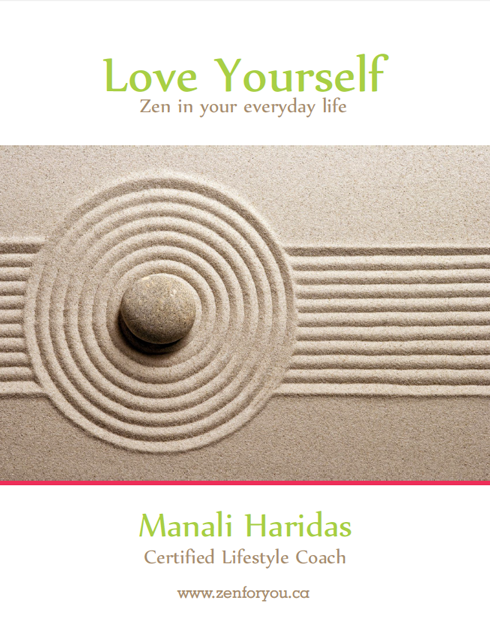Hey, friend. Let’s be real – disappointment is a universal language. That sinking feeling when things don’t go our way? We’ve all been there. We build these intricate castles of expectation, and when the reality doesn’t match, it hits hard. “Why me?” we ask, staring at the rubble.
Why Does Disappointment Happen?
It often boils down to expectations. We’re pattern-seeking creatures, wired to anticipate. We imagine the perfect outcome, the flawless scenario, and forget that life is a wild, unpredictable dance. Even the wisest among us have faced its sting.
Take the story of Siddhartha Gautama, the Buddha. After years of intense spiritual seeking, he sat beneath the Bodhi tree, determined to achieve enlightenment. But even then, he was met with temptations and doubts, a kind of internal disappointment as he faced the struggle. It was in that moment of facing the “not what I expected” that he found true peace, realizing that the journey itself, with all its ups and downs, was the path. Sometimes, it’s simply the nature of existence. We’re not in control of everything. Setbacks are part of the human experience, a reminder that we’re all in this together.
The Weight of Disappointment: Mind, Body, and Energy
Disappointment isn’t just a mental blip. It’s a full-body experience. It clouds our minds, drains our energy, and leaves us feeling sluggish and unmotivated. Those “blocked energies” can manifest as physical tension, headaches, or even digestive issues. It shrinks our confidence, making us hesitant to take risks.
Think of it like a river: when a dam is built, the water flow is disrupted, causing stagnation. Disappointment acts like that dam, blocking the natural flow of our energy, impacting our productivity, and eroding our self-belief. The key isn’t to avoid disappointment (impossible!), but to navigate it with grace. It’s about shifting our focus from those rigid expectations to the present moment. Each moment is a fresh start, a clean slate. Like a child seeing the world for the first time, we can rediscover joy in the small things.
Three Doable Practices for Handling Disappointment (Elaborated):
- Acknowledge and Feel (with Compassionate Action):
Don’t suppress your feelings. Allow yourself to feel the disappointment, the sadness, the anger. It’s okay to cry, to vent, to just be.
Action: After acknowledging the feeling, do something small that brings you comfort. Wrap yourself in a warm blanket, make a comforting drink, or listen to soothing music. This isn’t about wallowing, it’s about acknowledging and then offering yourself a gentle kindness. It is like acknowledging a wound, so healing can begin, then applying a gentle bandage. - Journaling with Compassion (and Actionable Insights):
- “What am I feeling right now, and where do I feel it in my body?”
- “What expectation did I have that wasn’t met?”
- “What can I learn from this experience?” (Focus on actionable takeaways, not just abstract lessons.)
- “What small act of self-compassion can I offer myself right now?”
Action: After journaling, choose one small, actionable step based on your insights. For example, if you realize you were too reliant on external validation, commit to doing one thing that brings you intrinsic joy.
3. Breath-work for Grounding (and Nervous System Regulation):
When those feelings overwhelm you, try this simple grounding technique:
Find a comfortable position, either sitting or lying down.
Close your eyes and take a slow, deep breath in through your nose, counting to four.
Hold your breath for a count of four.
Exhale slowly through your mouth, counting to six.
Repeat this for a few minutes, focusing on the rhythm of your breath.
Action: Do this breath-work practice before engaging in any activity that tends to trigger stress or anxiety. It will help regulate your nervous system and create a sense of calm.
Remember, you’re not alone in this. We all experience disappointment. It’s part of the beautiful, messy, and imperfect journey of being human. And just like the sun always rises after the darkest night, you too will find your way through this. Be gentle with yourself, allow yourself to heal, and know that you are stronger than you think.



 Welcome!
Welcome!